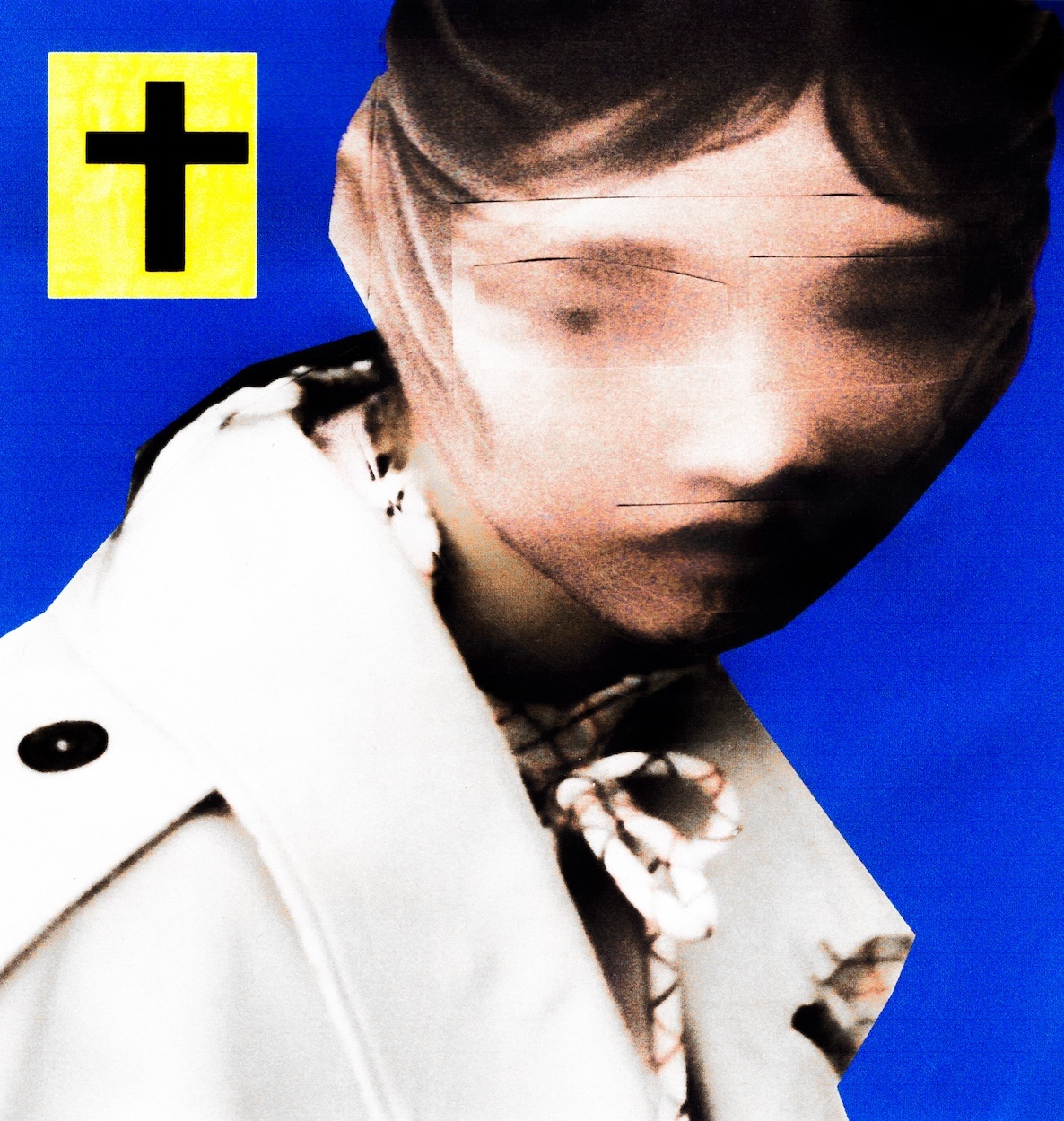
In this conversation Numéro Berlin meets Jona Köpf, a young artist based in Stuttgart. Besides his commercial work as a designer, he is a mixed media artist. He talks about his connection to the music scene, his politically engaged projects, and how he approaches design compared to creating art.
“Design is fun and creative too, but it is different when you create something that is truly your own.“
Jona Köpf: I mix both analog and digital. I usually design the images digitally first, print them out and then work with different textures, for example foil on foil or water on the printing ink so that the structure changes. I draw and craft on top of that, scan it again and continue working on it digitally. I also take a lot of photographs, for example with friends when something comes up in the studio. I used to only do photography. Then I started working with paint, refined my techniques more and more and found my own approach.
JK: (laughs) I was not very good at vocational school. It was only my practical work that got a good grade. I was always the loud one who made jokes. I was never really the model student. Right now I am working as a graphic designer. I want to keep developing there and look into different areas. Maybe freelancing will also work out.
JK: I would definitely call myself an artist. In the graphic field a lot of things are already defined by the client. Artists can be more free. I like it more when you can follow your own ideas and bring your own visions and inspirations onto the page. Design is fun and creative too, but it is something different when you create something that is truly your own.
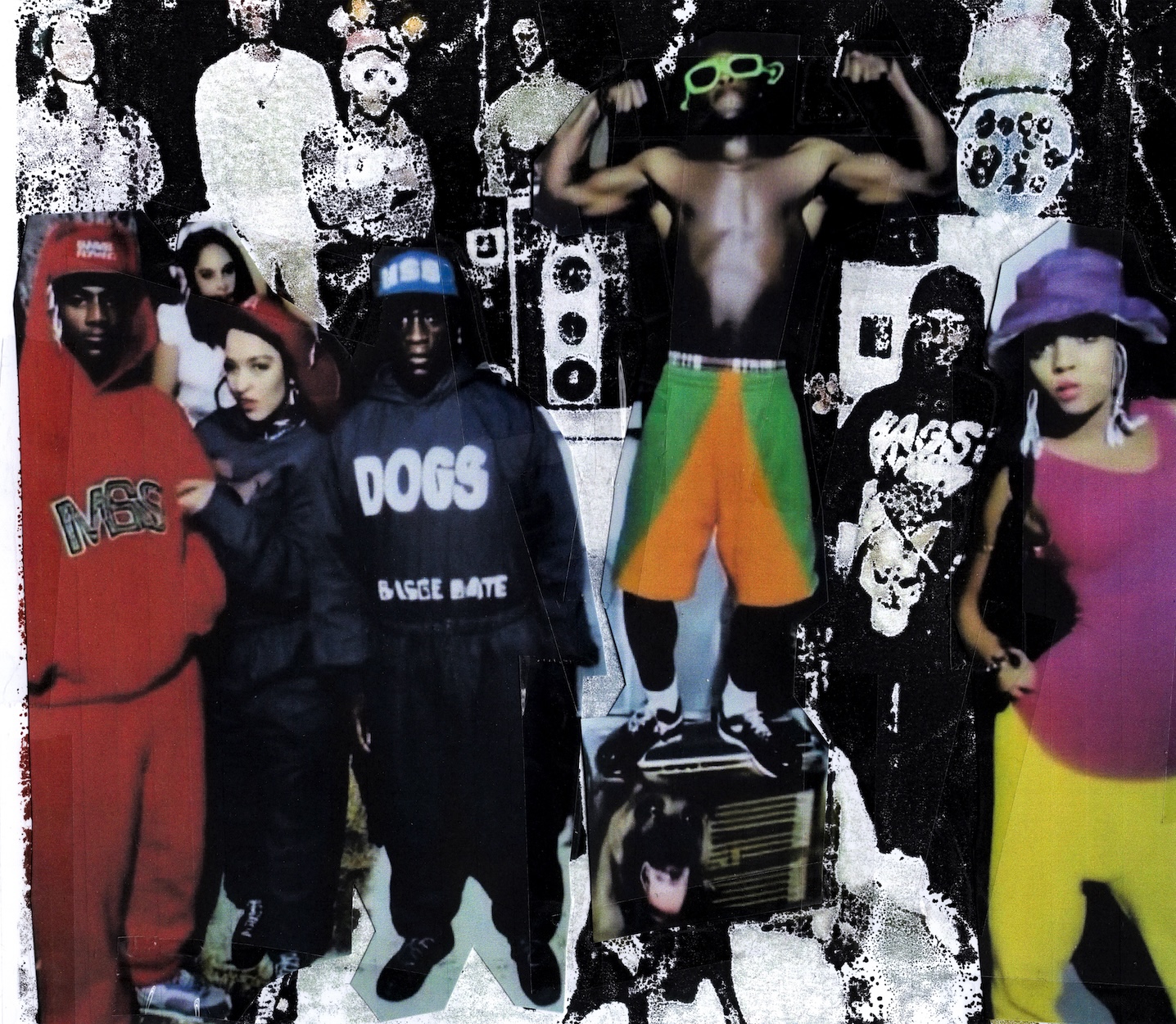
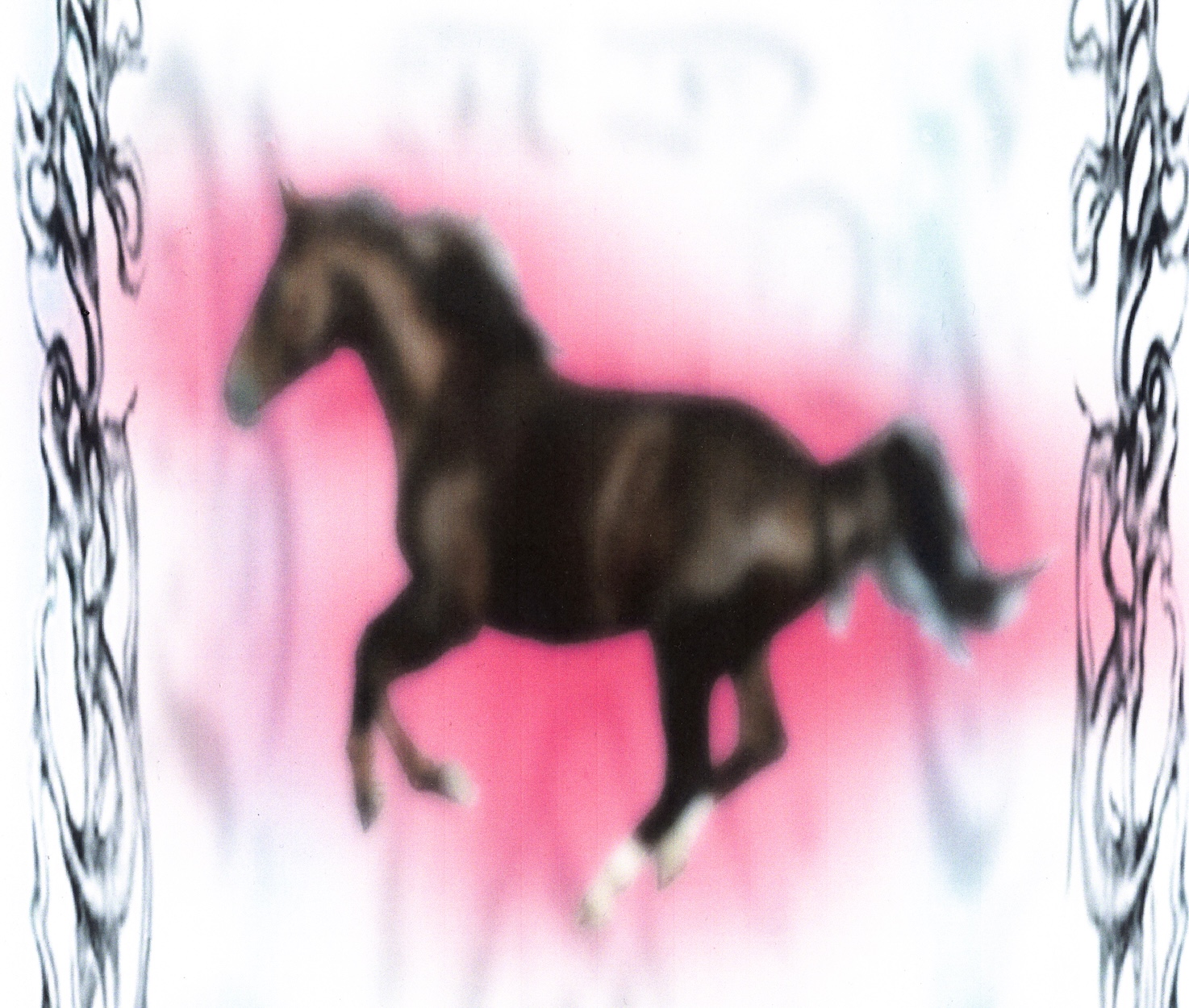


JK: Yes exactly. Two years ago a friend [Nils Weindl] and I founded a creative archive called Convaicant Archive in Stuttgart. We film concerts analog, mostly with VHS or Sony HI8. We take photos and film there simply because we enjoy it. That is how I got into the music scene. I was able to make contacts and combine that with my hobby.
JK: We started painting and filming together. As a joke we said, let us just combine it. We really love concerts and I already had a few contacts in the music scene. One thing led to another and we just slid into it. I really like capturing concerts on analog film. Nowadays almost everything is filmed digitally. Analog has that 2003 vibe. That feeling gives it an extra kick. A new camera basically has endless storage, but with analog you have a 30 minute tape so you have to film the perfect scenes. That’s fun. Our archive projects were on pause this year, but now we want to start again and do more creative things.
JK: It started on Instagram. I connected with small musicians simply because I was interested in how they work. I got more and more contacts, more and more people. You know someone who knows someone and so on. Then it turned from digital into personal. The network grew naturally and not in a forced way. It is not that hard to get into it, you just have to stay consistent, talk to people and integrate yourself.
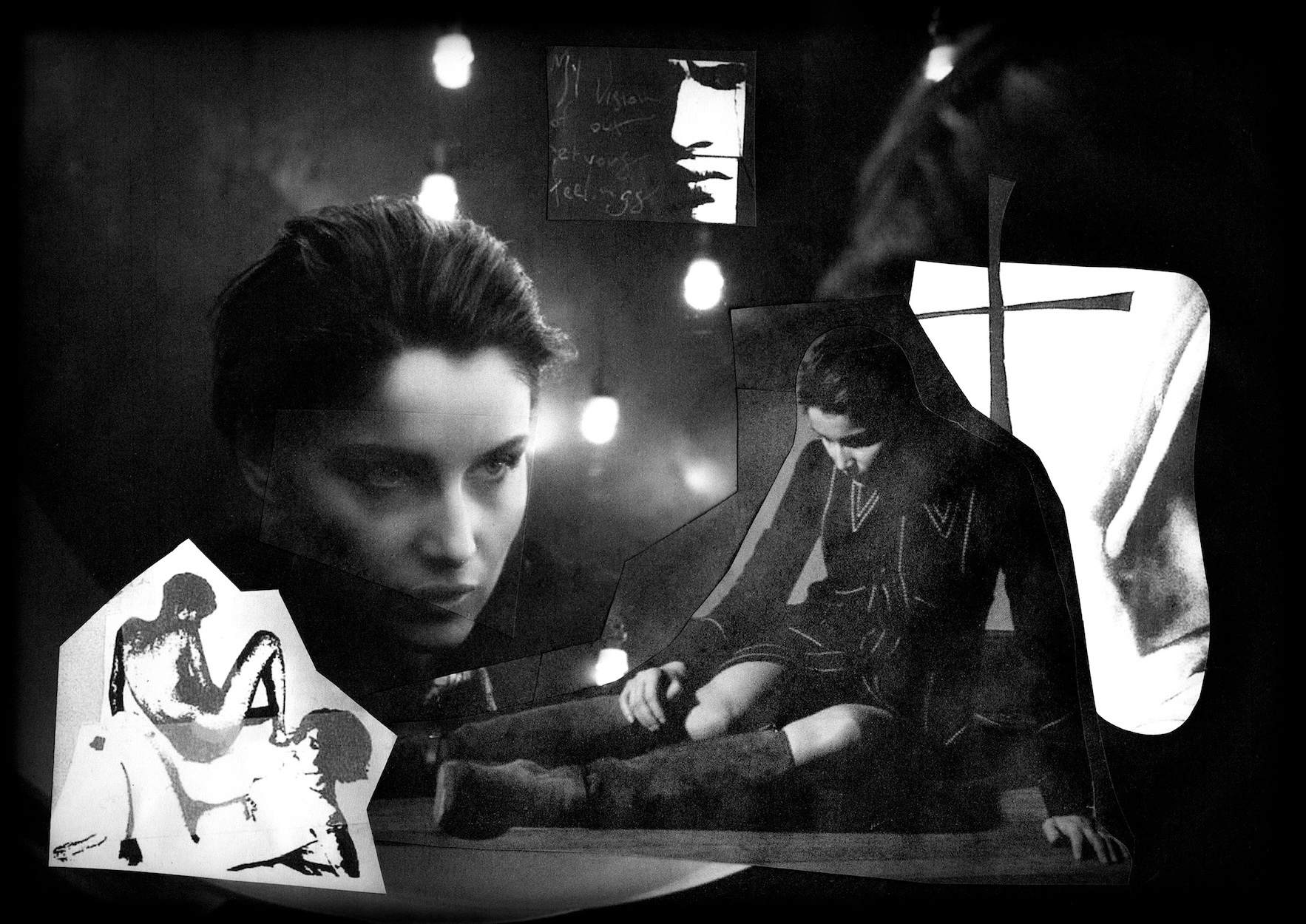
„I wanted to address how much has been forgotten. The many wars that people never really heard about.“
JK: I once found a book by that photographer at a flea market. Morris used to work for The New York Times. He took photos in Iran, Iraq and other war zones. I found the book so fascinating that I had to write him an email. I said that I would like to work with his images. After one or two weeks he replied. He said he would send me everything I wanted. He sent me entire folders with photos and told me I could do whatever I wanted with them and that I could also publish them. We had a phone call together. He is a very nice person who has experienced many terrible things. I was able to learn a lot from these images. It was really impressive for me: You find a book at a flea market, you write to someone you think is so far away from you, and then something like that happens. Since I am very interested in politics and history, I wanted to address how much has been forgotten. Many wars that people never really heard about.
JK: I have been thinking about publishing my own magazine. I still want to find the perfect printing house. When I do something, I want to do it really well, so I need to take my time. It might still take a while. I would do it in a small edition. Small editions printed in Germany are quite expensive if you want high quality.
JK: There are still some single covers coming up. Right now I am working a lot with the musician Filly. I am doing a lot of cover artwork for her. This year is a bit quieter, but next year I want to do more again and set myself new goals.


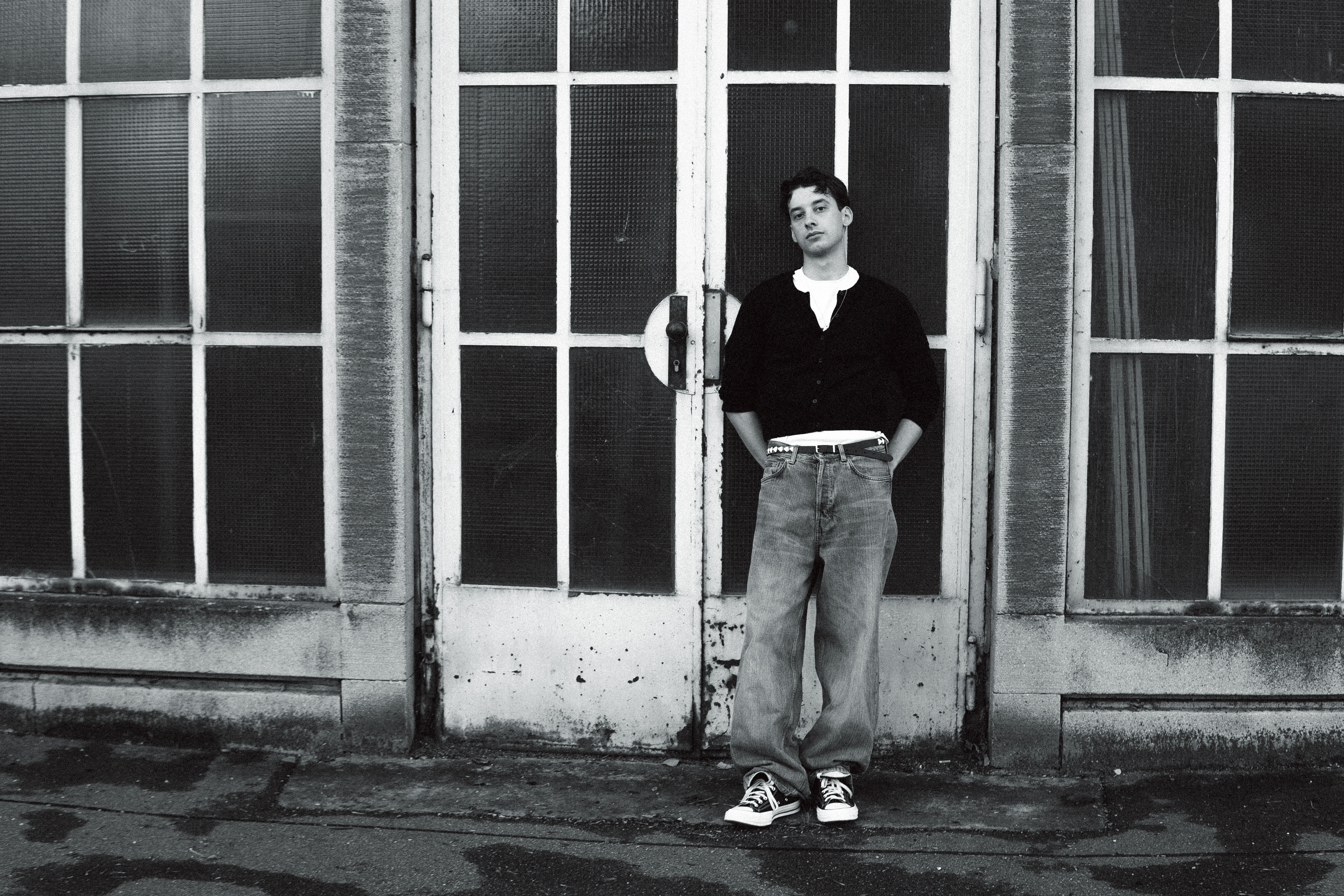
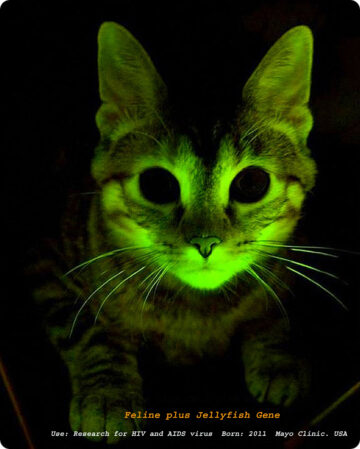
A LIFE OF PERSISTENCE LYNN HERSHMAN LEESON ON BREAKING BARRIERS FOR WOMEN ARTISTS AND EMBRACINGTECHNOLOGY
LYNN HERSHMAN interviewed by ANIKA MEIER
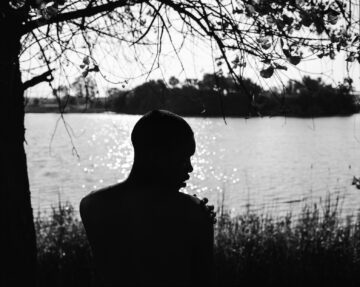
FIGHT ISSUE VOL B. AFRICAN ARTISTS
African Artists by Mandla Sibeko; Words Marcus Boxler

FIGHT ISSUE VOL. B – Glen Martin Taylor
Glen Martin Taylor: TENDERING THE FIGHT

Celebrating the launch of “Vanille Caviar”: In Conversation with bdk
Last month, for the launch of their new scent "Vanille Caviar", Paris-based perfume house…
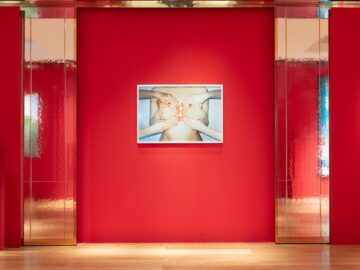
STRAIGHT TO THE HEART – GUERLAIN CELEBRATES A CENTURY OF LOVE
Guerlain celebrates 100 years of Shalimar with a special exhibition in Paris that explores…
By Ann-Kathrin Riedl

“IMAGINE” at Kunstraum Heilig Geist: Make it simple but significant
Stravoula Coulianidis in conversation with artist Yves Scherer